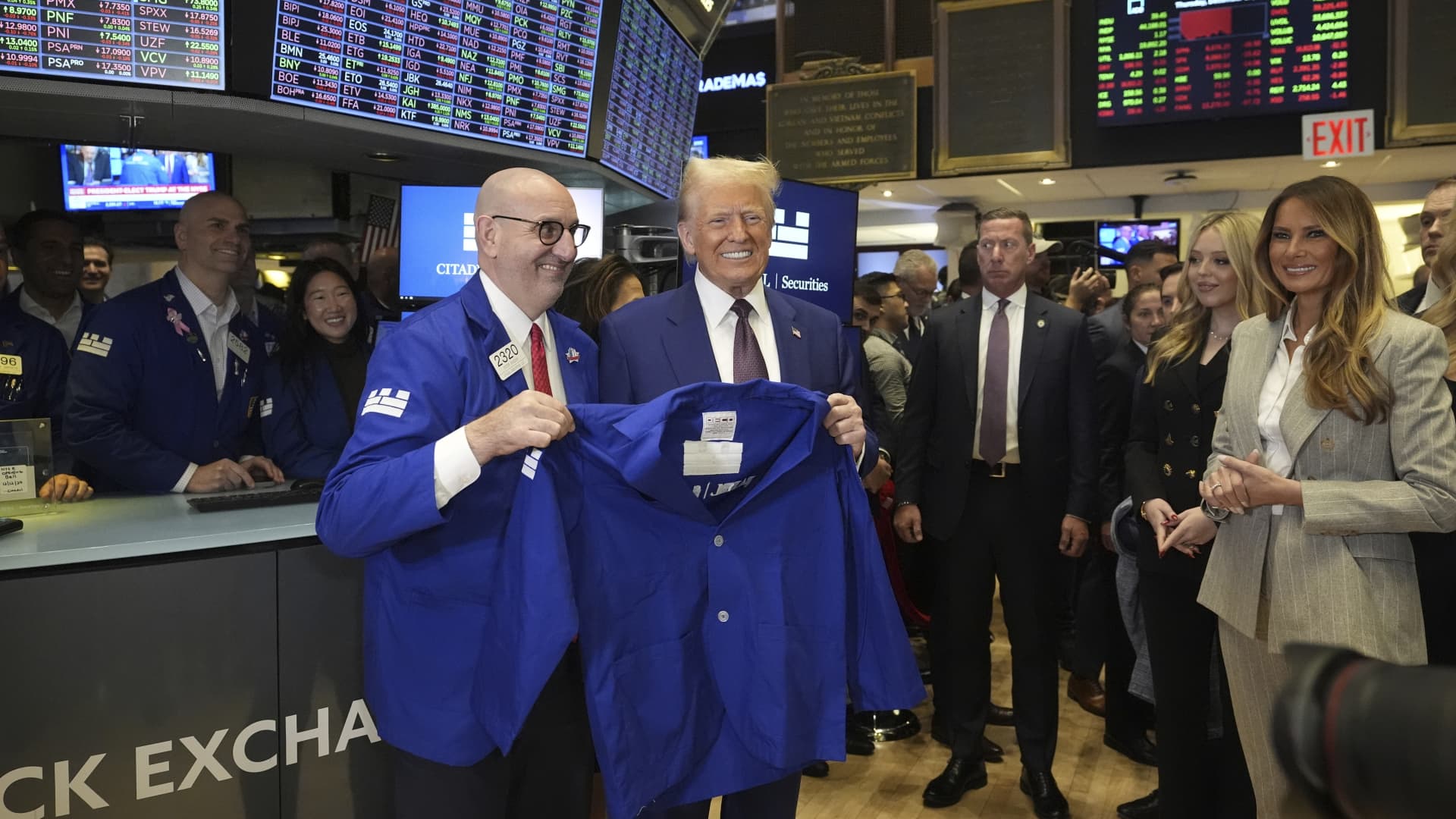Masayoshi Son’s $100 Billion Investment: A Transformative Move for U.S.-Japan Relations
In a groundbreaking announcement, Masayoshi Son, the CEO of SoftBank Group Corp., is poised to unveil an unprecedented $100 billion investment initiative in the United States. This ambitious plan, set to be discussed in an upcoming meeting with President Donald Trump, is anticipated to reshape the economic dynamics between the U.S. and Japan, fostering a deeper partnership that could have far-reaching implications for both nations.
The Vision Behind the Investment
Masayoshi Son has long been recognized for his visionary approach to technology and investment. His latest commitment reflects a strategic pivot towards the American market, which has been a focal point for SoftBank’s growth. The $100 billion investment is not merely a financial gamble; it represents Son’s confidence in America’s innovation ecosystem, particularly in technology sectors such as artificial intelligence (AI), telecommunications, and renewable energy.
SoftBank’s investment strategy has historically focused on large-scale ventures that promise significant returns. By channeling this capital into the U.S. economy, Son aims to leverage the country’s robust infrastructure, skilled workforce, and leading tech landscape. This move could potentially create thousands of jobs and stimulate economic growth, enhancing SoftBank’s position as a global investment leader.
The Economic Impact
The proposed investment could have several positive economic ramifications:
- Job Creation: The influx of $100 billion is expected to generate numerous employment opportunities across various sectors, particularly in technology and infrastructure development.
- Innovation Boost: By supporting American startups and established companies, SoftBank can help accelerate technological advancements and innovations in critical industries.
- Market Confidence: This significant investment may instill confidence in other global investors, encouraging further investments in the U.S. economy.
Moreover, analysts suggest that this investment could lead to collaborative projects between Japanese and American firms, fostering a culture of innovation that benefits both economies. Given the historical context of U.S.-Japan economic relations, this investment signifies a renewed commitment to mutual growth and cooperation.
The Broader Implications for U.S.-Japan Relations
The relationship between the United States and Japan has been characterized by both cooperation and competition over the decades. This $100 billion investment could mark a new chapter in their economic partnership, strengthening diplomatic ties amidst a complex global landscape.
Strengthening Diplomatic Ties
As the political climate evolves, economic ties often serve as a foundation for diplomatic relations. This substantial investment could help to smooth over existing tensions and foster a sense of camaraderie between the two nations. It may also encourage additional collaborations in trade, technology, and defense sectors, further solidifying the alliance.
Cultural Exchange and Understanding
Investments like Son’s can also lead to increased cultural exchange. As American companies receive funding and support, there may be opportunities for cross-cultural partnerships that enhance understanding and cooperation between Japanese and American businesses. This cultural synergy can be instrumental in driving innovation and addressing global challenges.
Challenges and Risks
Despite the optimistic outlook surrounding this investment, it is essential to consider the potential challenges and risks involved:
- Market Volatility: The U.S. market is subject to fluctuations, and economic downturns could impact the success of the investment.
- Regulatory Hurdles: Navigating the complex regulatory landscape in the U.S. can pose challenges for foreign investors, including SoftBank.
- Public Sentiment: Domestic reactions to foreign investment can be mixed, with some segments of the population expressing concern over job displacement.
Addressing these challenges will require strategic planning and adaptability from SoftBank and its partners. Engaging with local communities and policymakers to ensure that the benefits of investment are widely shared could mitigate potential backlash.
Conclusion: A New Era of Collaboration
Masayoshi Son’s ambitious $100 billion investment in the U.S. represents a significant opportunity for both Japan and the United States. It is a bold statement of confidence in the American economy and a commitment to fostering innovation and growth. As the two nations navigate a complex global landscape, this investment could serve as a catalyst for deeper collaboration, benefiting not only the economies of Japan and the U.S. but also setting a precedent for international investment practices.
The potential for job creation, technological advancement, and strengthened diplomatic ties presents a compelling case for this investment. However, it is vital for all stakeholders to remain vigilant about the associated risks and work collaboratively to ensure that the benefits of this monumental investment are realized across the board. Ultimately, this initiative could mark the beginning of a new era of economic partnership between the U.S. and Japan, with far-reaching implications for global commerce and innovation.
See more Business Focus Insider Team

